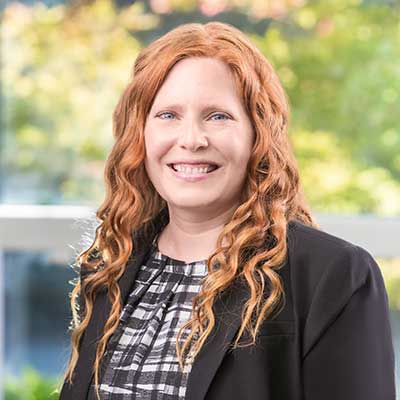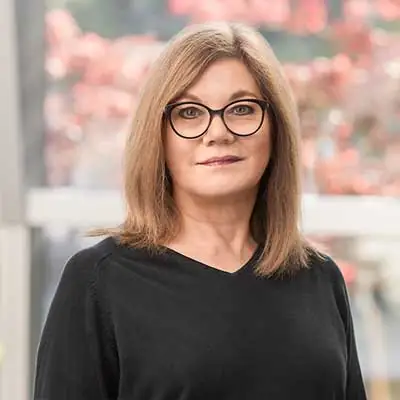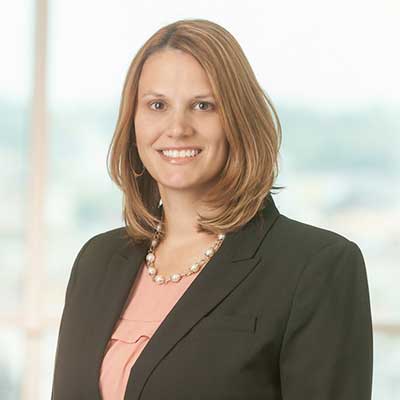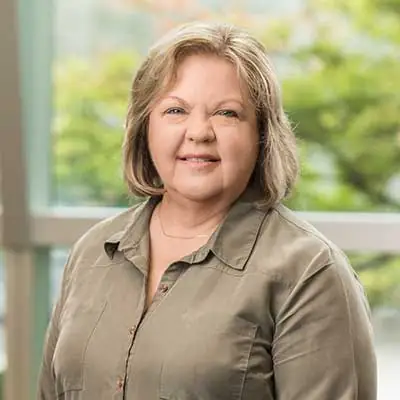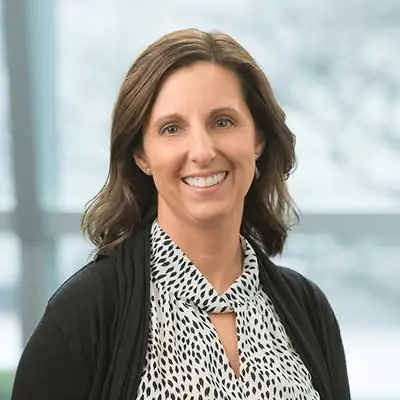Every time your child takes a sip of their milk, juice, or any other beverage, they’re putting their kidneys to work. Kidneys play a crucial role in your child’s health by removing waste and extra fluid from the body.
Kidneys are rarely given credit for all the work they do — until they’re not working. They’re like the body’s garbage collector and disposal system: When they stop working, waste can build up. And when waste builds up, the rest of the body — including nerves, muscles, and other tissues — may not work properly.

- Kidney failure — or end-stage renal disease (ESRD) — means that the kidneys have stopped working and a child needs dialysis or a kidney transplant to survive.
- Nearly 10,000 children and adolescents have end-stage renal disease.
- The most common initial treatment for end-stage renal disease in children is hemodialysis.
What Is Dialysis?
The kidneys are responsible for removing waste, extra chemicals, and excess fluid from the body. If they can’t do their job, a medical procedure called dialysis can take over that process.
Dialysis is usually needed when a child loses 85 to 90% of their kidney function, which is called kidney failure. This means the kidneys are damaged and can’t do their important jobs well enough.
Kidney failure in children can be caused by conditions such as birth defects, infections, kidney injuries, and hereditary diseases — such as polycystic kidney disease — that may be passed from parents to children.
When your child’s kidneys are failing, dialysis can step in to keep their body in balance by:
- Removing waste, salt, and extra water to prevent them from building up
- Keeping certain chemicals — like potassium, sodium, and bicarbonate — at safe levels
- Helping to control blood pressure
How this happens depends on the type of dialysis:
- During hemodialysis, a machine (called a hemodialyzer) acts as an external kidney, removing waste and chemicals and cleaning your child’s blood before it is pumped back into their body
- During peritoneal dialysis, a dialysis solution is injected into your child’s abdominal area, and their blood is cleaned inside their body
While dialysis does some of the work of healthy kidneys, it doesn’t cure kidney disease. Without a kidney transplant, your child will need dialysis for their entire life.
It can be scary to be told that your child needs dialysis. At Children’s Nebraska, our nephrology team helps make this process easier and more comfortable so that even if they need dialysis, your child can focus on being a kid.
Make An Appointment
Dialysis
Phone 402-955-5333 | Fax 402-955-5576
Nephrology
Phone 402-955-4003| Fax 402-955-4184
What Sets Children’s Apart?
Dialysis can be overwhelming, especially for children. They may have questions or feel anxious about this new experience. As members of the only pediatric dialysis center in the area, our team of experienced dialysis specialists is dedicated to educating you and your family about your child’s dialysis treatment.
Our pediatric nephrologists are board-certified. This means they have the highest level of training and are especially knowledgeable about the unique needs of children.
In addition to nephrologists, our dialysis team includes:
- Dialysis registered nurses (RNs) who oversee your child’s dialysis treatment, ensure medications are given correctly, and educate you and your child about any at-home care they may need
- A nursing case manager who coordinates and monitors your child’s treatment plan
- A dialysis unit supervisor who manages the dialysis unit to ensure each child is receiving the best treatment possible
- A biomedical technician who makes sure all dialysis equipment is working properly
- Social workers who provide you, your child, and your whole family with any resources you may need to address emotional, educational, or financial challenges that can arise when your child needs dialysis
- Dieticians who provide education and guidance on your child’s special nutritional needs before, during, and after dialysis
We are also a member of the SCOPE (Standardized Care to Improve Outcomes in Pediatric Endstage Renal Disease) Dialysis Collaborative. The SCOPE Collaborative works to develop the most effective treatment plans for children who need dialysis. Our involvement with SCOPE helps us keep your child safe, prevent dialysis-related infections, and live a healthy, happy life.
Services We Offer
Inpatient Dialysis
Inpatient treatments — when your child stays overnight for extra monitoring — are done at your child’s bedside.
-
Hemodialysis
Most kids begin dialysis treatments with hemodialysis, which uses a machine to pump blood through a tube into a special filter called a dialyzer. This machine filters out waste and extra fluid from the blood, and the filtered blood flows through another tube back into the body. -
Peritoneal Dialysis (PD)
Peritoneal dialysis uses a dialysis solution — water with salt and other additives — that’s inserted into the belly through a catheter (tube) to soak up waste and extra fluid.When the bag is empty, you can disconnect it and put a cap on the catheter, and your child can go about their usual activities. After a few hours, the used dialysis solution is drained into another bag, bringing the waste and extra fluid with it. The abdomen is always filled with some of the fluid, so the filtering process is continuous.
-
Continuous renal replacement therapy (CRRT)
CRRT is a slow, gentle, and continuous form of hemodialysis that removes larger amounts of fluid from the body and filters it slowly — similar to the pace of a healthy kidney. CRRT is used for patients who have low blood pressure, which can make circulating the blood and fluid during regular hemodialysis more difficult.
Outpatient Dialysis
Once your child’s physicians have determined your child is stable enough to go home after dialysis treatments, outpatient dialysis can allow them to get back to their normal activities sooner, such as school and visiting with friends.
Our outpatient dialysis unit has three treatment stations for hemodialysis. Child-life specialists will make sure your child feels comfortable by providing books, video games, coloring supplies, and anything else that will put them at ease during dialysis.
Home Peritoneal Dialysis
If your child is receiving peritoneal dialysis treatments at home through another facility, our team of board-certified nephrologists can provide dialysis care by monitoring their treatment through regular in-person visits.
Our Specialists
What To Do Next
For Patients
Your child will need a referral from their primary care physician. To make an appointment, contact us at 402-955-4003.
For Referring Providers
The Physicians’ Priority Line is your 24-hour link to pediatric specialists at Children’s for referrals, emergency and urgent consults, physician-to-physician consults, admissions, and transport services. Call 855-850-KIDS (5437).
Learn more about referring patients.
